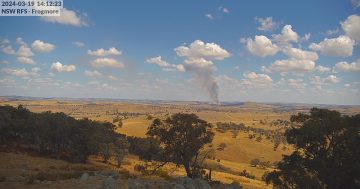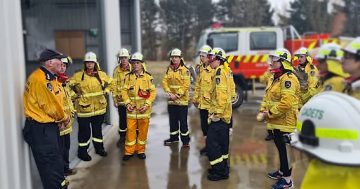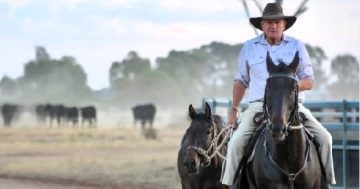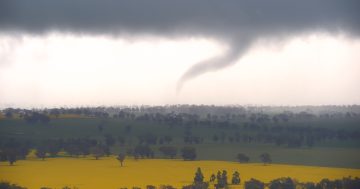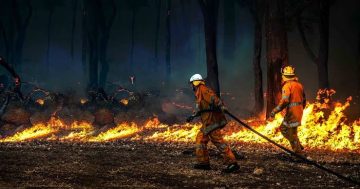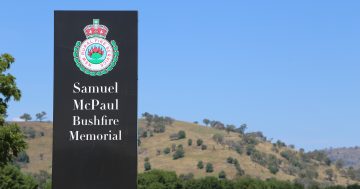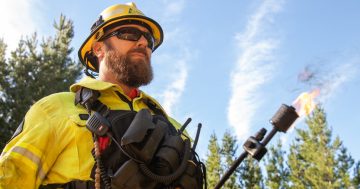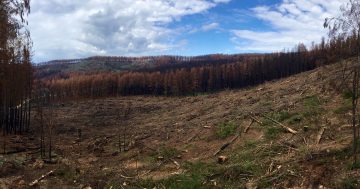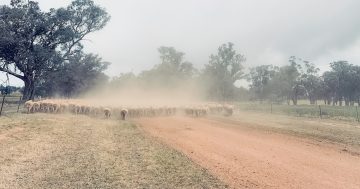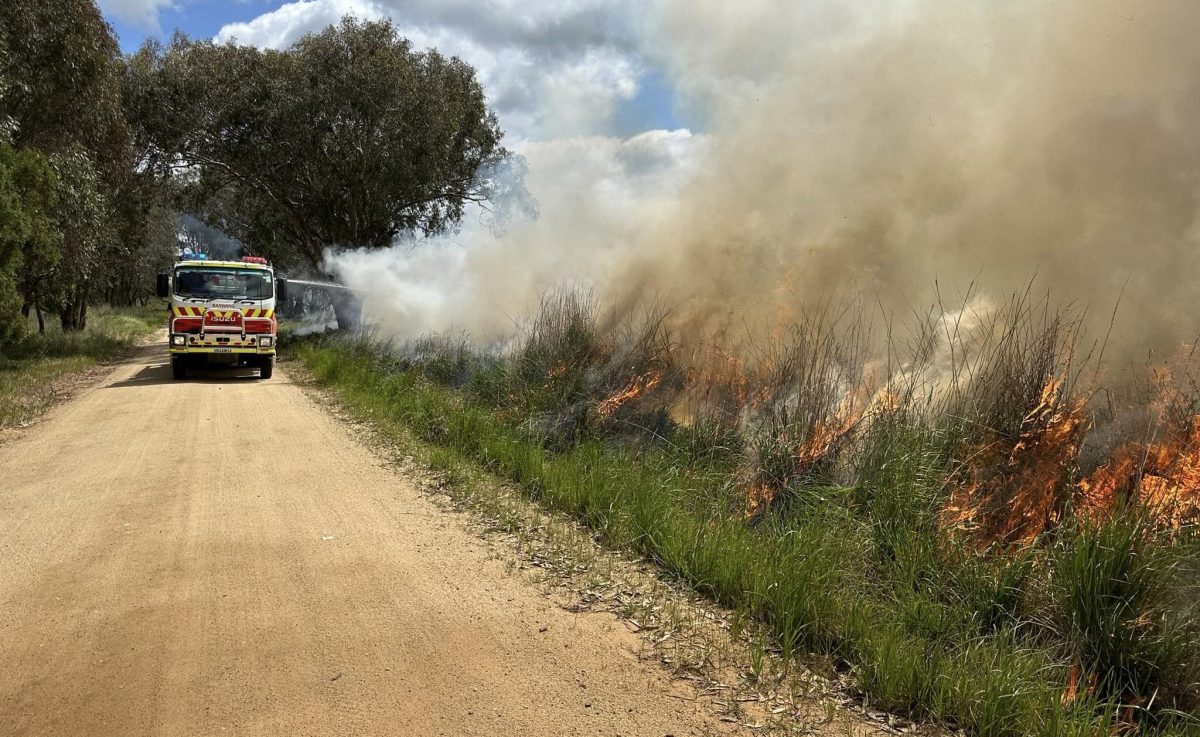
The South West Slopes Rural Fire Service is conducting staged hazard burns around towns and villages to reduce the grass fuel loads. Image: SWS RFS/Facebook.
It might be fire season in the NSW South West Slopes but that means two different things right now depending on where you live.
Right now – in the north of the zone around Young, Boorowa, Cootamundra, Harden-Murrumburrah and Jugiong farmers are dusting off their headers ready for another harvest, this time in conditions a little drier and warmer than previous years, which means less bogging but there’s a lot more grass on the ground.
According to the Rural Fire Service (RFS), recent falls of rain in the area have contributed to extensive late spring grass growth across the region and, with days already peaking into the low 30s, the sage-tinged landscape is turning a deep golden brown.
But up in the Riverina Highlands where conditions are slightly cooler, the grass is greener and the fire season doesn’t officially kick off until 1 November but the local RFS is encouraging land and homeowners to get prepared due to the high fuel loads.
The message is – come December – grass fires, which can move three times faster than a bushfire, pose the greatest risk this season.
The fire danger period for the South West Slopes Zone commenced on 1 October, but staff have coordinated a series of hazard burns around local towns, which are currently taking place.
But they are also encouraging homeowners – particularly those on land – to create firebreaks.
They recommend mowing, grazing or ploughing around crops, valuable assets and fence lines to prevent fire escaping a property and to reduce the likelihood of fires entering.
Earlier this month the South West Slopes Zone celebrated the opening of the Boorowa Combined Station which houses five tankers and associated equipment for the Boorowa, Hughstonia, Boorowa North, Boorowa Support and Gunnary brigades.
The new five-bay station includes a multi-purpose room, kitchenette and amenities to support firefighting operations and training around the Boorowa area.
After a new tanker was handed over to the Gunnary Brigade – replacing a 16-year-old tanker – 28 volunteers were presented long service medals which recognised a total of 1220 years of service to the Boorowa community and the Rural Fire Service.
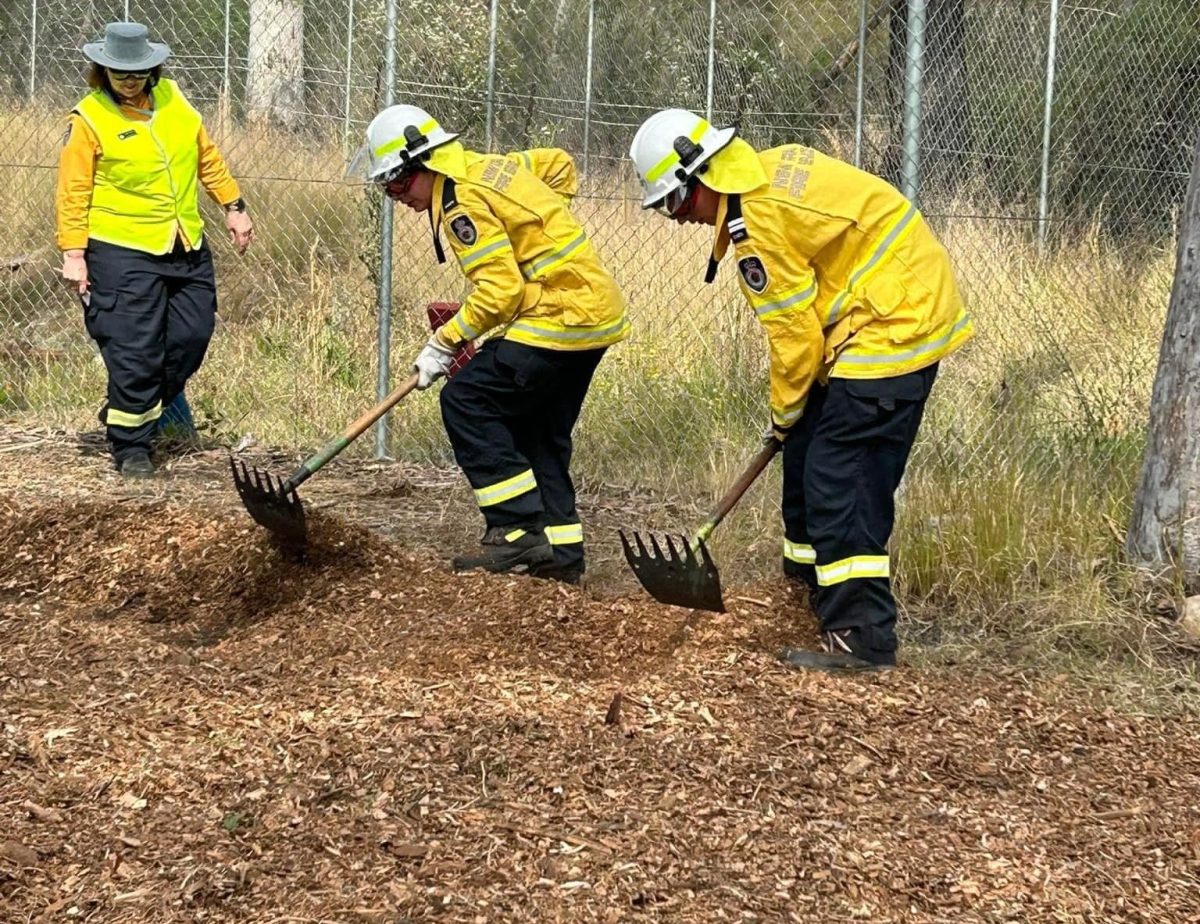
Another string to the bow of the Riverina Highlands Rural Fire Service is their winning team of cadets who have just returned from the 2023 Australian Fire Cadet Championships in Sydney. Image: Riverina Highlands RFS/Facebook.
Further south concerns spread about the high fuel loads particularly in forested areas hit by the Black Summer bushfires.
The Riverina Highlands RFS said they were concerned they would get a fire season but reasonably confident it wouldn’t be like what was experienced in 2019-2020.
“Back then coming into that period, we were on the end of four years of extended drought – so there was basically no moisture in the landscape,” a spokesperson said.
“Currently we’ve had three years of fantastic precipitation, good growth. So yeah, completely different place and we have water available if a fire does break out – we have full dams and running streams.”
Snowy Valleys Council Mayor Ian Chaffey said it was vital residents heeded advice from the Riverina Highlands RFS.
“We are entering an El Nino phase which brings hot and dry conditions and below average rainfall,” he said.
“We’ve already seen bushfires on the NSW South Coast, Hunter and New England regions so we can’t be complacent thinking it won’t happen here again.
“Our region has experienced what a bushfire disaster can do, which is why it is so crucial that residents play their part in ensuring their homes and families are as prepared as possible,” Cr Chaffey said.
It’s not only up to the RFS to keep us safe, the mayor said, as residents everybody had a responsibility to ensure their own safety and preparedness too.
The Riverina Highlands RFS has another string to its bow with its team of cadets taking out some top awards at the recent 2023 Australian Fire Cadet Championships in Sydney.
Not only did they take out first place in the ‘Light Tanker and Hand Tool’ event, but were presented with the Dave Templeton Award for Leadership and Teamwork at the September event.







